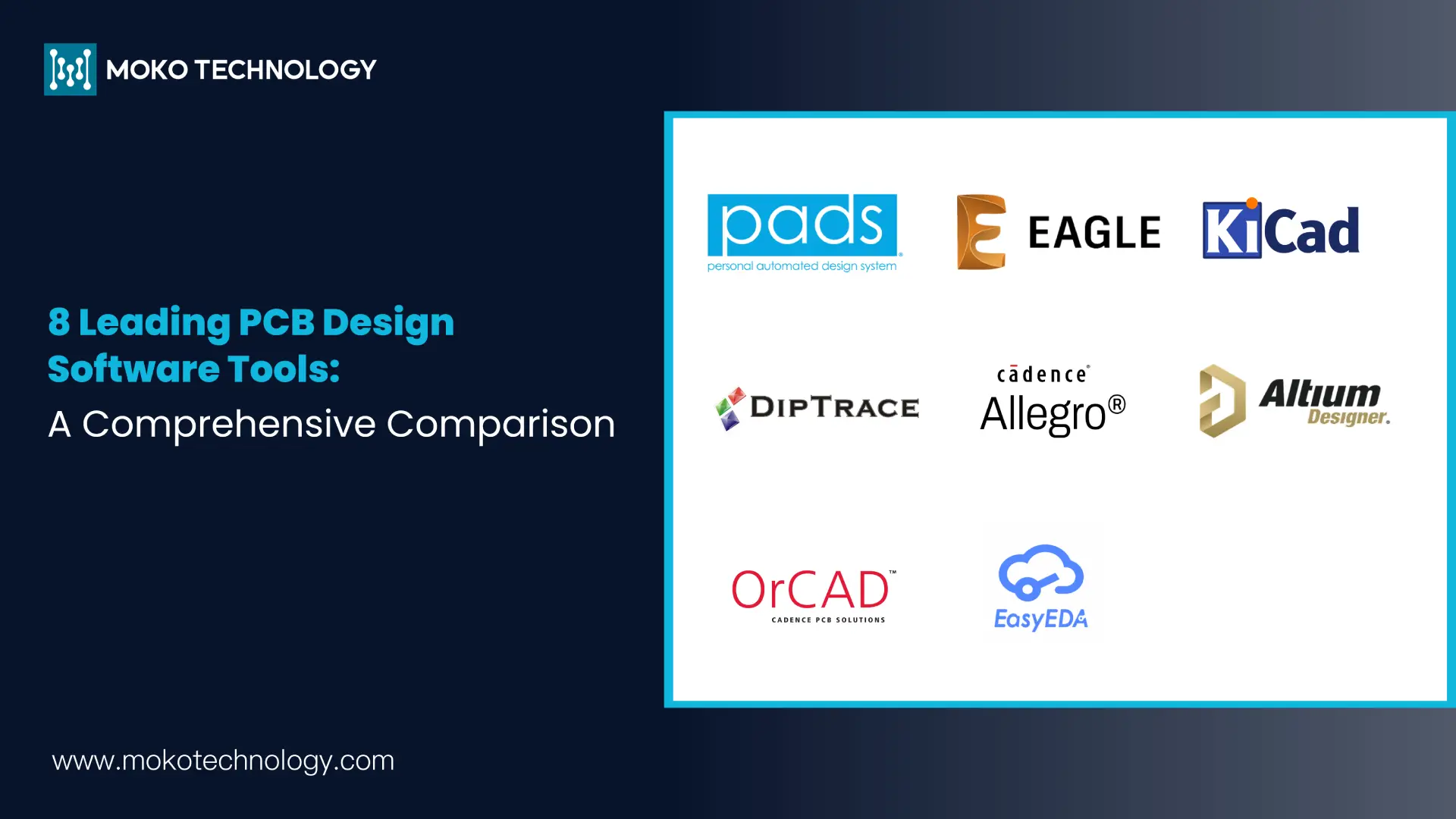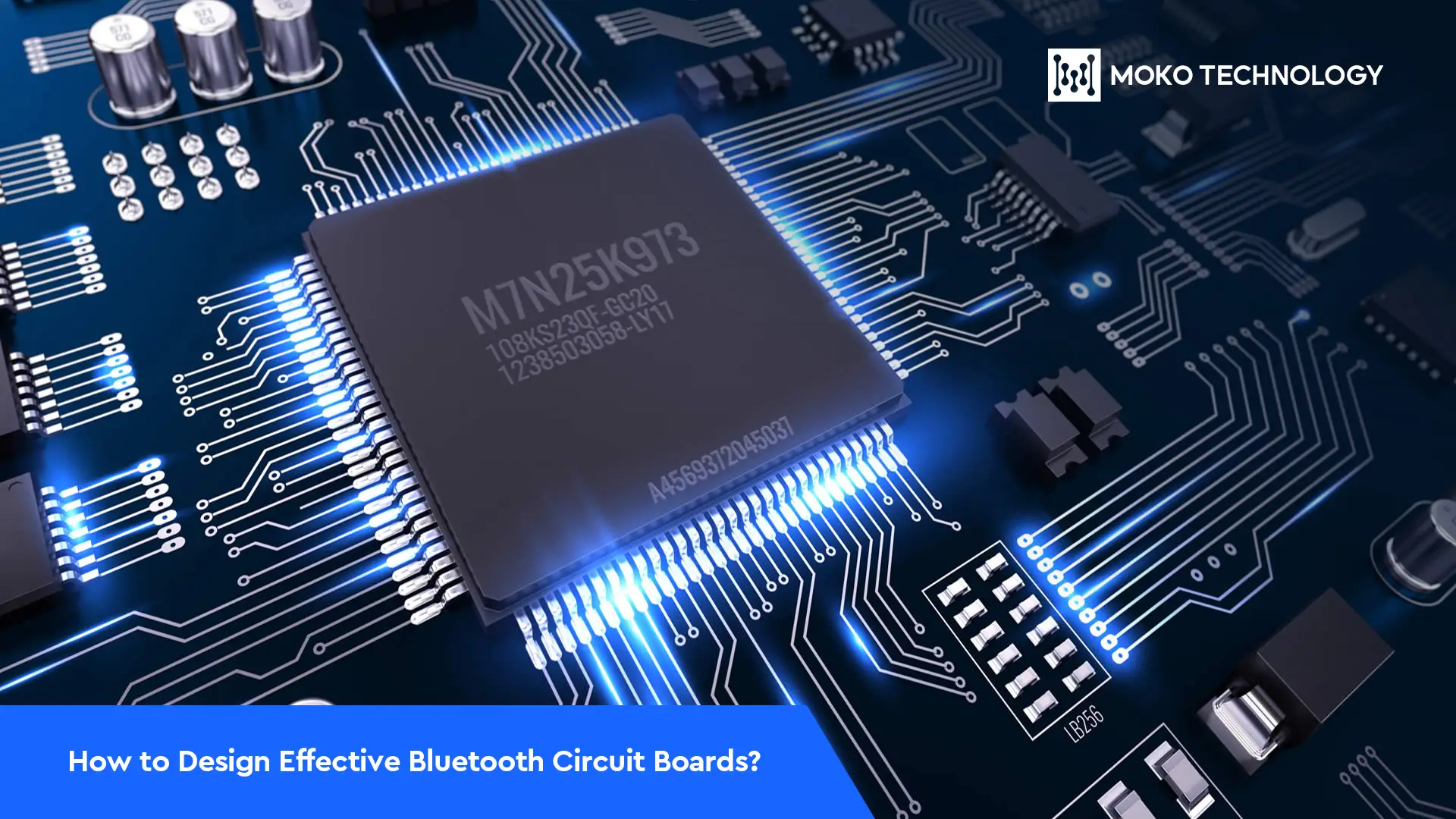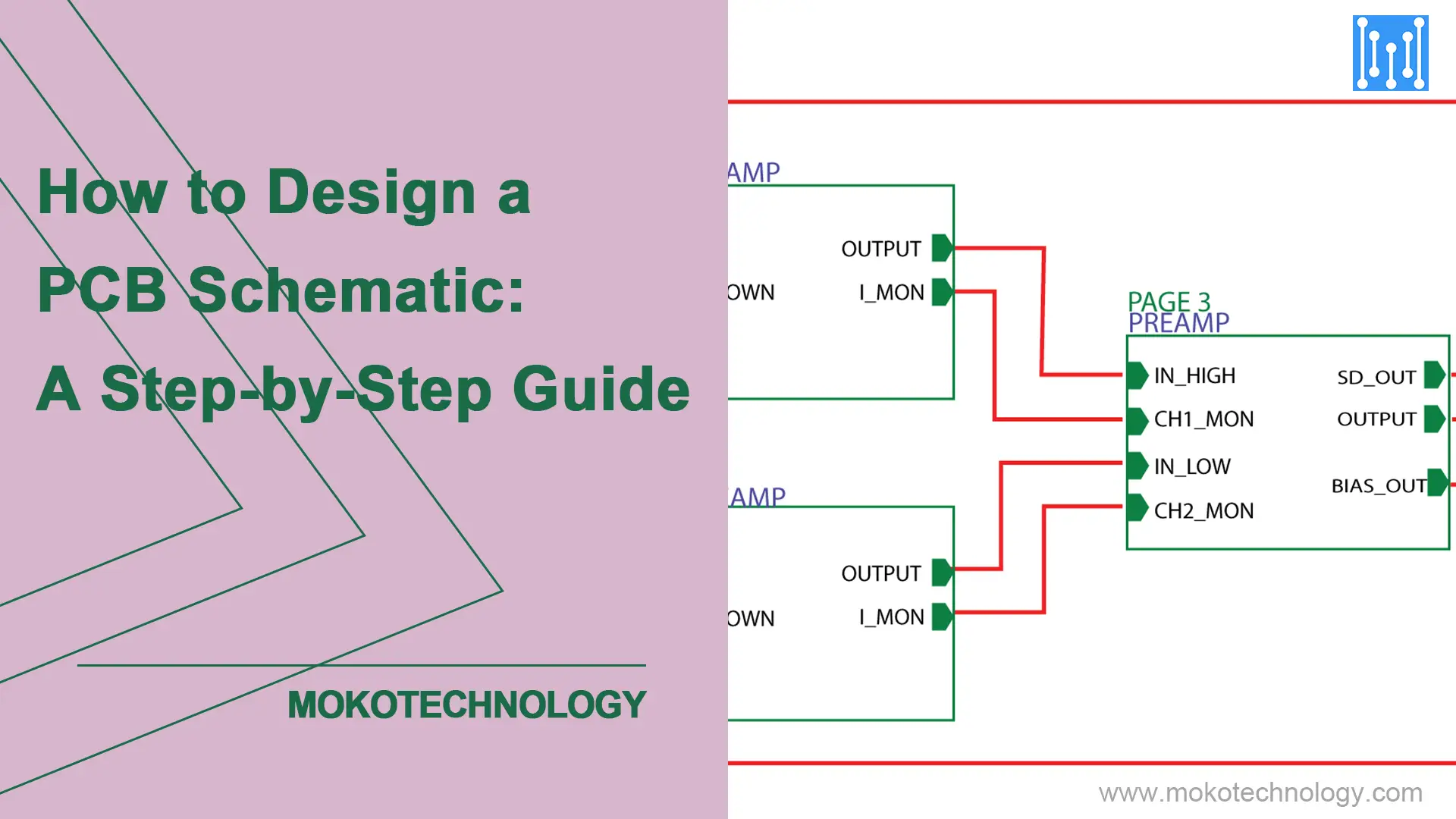Printed Circuit Board design is one of the most significant processes in electronics production. Deciding on the proper PCB design software can even make a rather large difference in the way you design, and your overall results. This blog will focus on describing 8 of the most common circuit board design software tools, comparing their features, and discussing crucial factors that one should take into consideration for selecting the best option for your needs.
-
Diseñador avanzado
Altium Designer developed by Altium, formally Protel Systems is currently recognized as an industry leader with new users of 6000 every year. It offers extensive features to meet the design requirements of complex structures and is applied broadly in industry and academia. But it is costly for a start, the price starts from $7,000. Another limitation of Altium Designer is that this software is only compatible with Windows operating systems.
Características clave:
- Integrated functions of schematic capture, layout routing and editing, documentation, simulators and other functions.
- Diseño para fabricación(DFM) capacidades
- 3D flex-rigid design support
- Powerful data migration tools
-
KiCAD
KiCAD is a free, open-source tool for the creation of printed circuit boards, which was developed in 1992. It has many fans, its development and updates are active and it has a positive community. It is usable on Windows, Mac, and Linux operating systems; sin embargo, it is not so user-friendly and contains fewer features than many other paid text editors.
Características clave:
- Captura esquemática
- PCB routing
- 3D modeling capabilities
- Runs on Linux/Windows/Mac OS

Image source: https://www.www.kicad.org/
-
Cadencia Allegro
Cadence Allegro is a professional software designed for PCB layout that is mainly used by large companies, particularly in manufacturing CPU motherboards. It is outstanding in its high-end and performance-oriented designs, and it also features high-end analysis tools. sin embargo, it has steep learning curves and is expensive, which is overly complicated for simpler projects.
Características clave:
- Having capabilities in Interconexión de alta densidad (IDH) Diseño de PCB
- Systems for real-time analysis and design
- It also has advanced features concerning routing and placement.
-
ÁGUILA (Easily Applicable Graphical Layout Editor)
EAGLE has been one of the most popular PCB design software since 1988. It is cheaper than some high-end options ($500/year for Standard) and suitable for both beginners and professionals. Adicionalmente, a wide variety of resources is available online for EAGLE. The downside is the user interface which is less intuitive.
Características clave:
- Schematic editor with library connections
- Layout diagramming with advanced features
- Extensive component library

-
OrCAD
OrCAD offers an easy user interface and superior simulation features, por lo tanto, it is used and appreciated by a wide range of users from beginners to experienced engineers. mientras tanto, this PCB board design software offers powerful simulation tools suitable for the analog and digital designs.
Características clave:
- Advanced mixed-signal simulation
- Integration with Cadence Sigrity for power distribution analysis
- Extensive component libraries
-
PADS
PADS is an effective PCB design software and the tool comes in different package levels. Altogether, even though it is slightly costlier than OrCAD, it comprises good performance and strong functional characteristics. It has a plus in that projects can be easily exported from other software making it suitable for redesigning of structures done in other packages.
Características clave:
- State-of-the-art RF and microwave design tools
- Thermal analysis capabilities
- Design rule verification
- 3D tool with STEP file import/export
- Availability of FPGA design support in the higher-tier packages
-
EasyEDA
EasyEAD is a relatively new PCB design software that supports the creation and modification of projects on a variety of devices. It is compatible with various browsers including Google Chrome and Firefox. And it is suitable for different systems such as Windows, Linux and MacOS. sin embargo, its shortcoming is that it needs to catch up in features.
Características clave:
- Online schematic capture and PCB layout tools
- Cloud-based storage and collaboration
- schematic capture and no-nonsense visualization tools
-
DipTrace
DipTrace is a professional PCB design suite that is easy to use yet packed with a wide variety of features. It is recommended for beginner to intermediate-level designers and even some advanced users
Características clave:
- Hierarchical schematic capture
- Large component library (160,000+ componentes)
- Custom component creation tools
Comparison of 8 Circuit Board Design Software
| Software | Precio | Community Support | Easy of Use | Personalización | Generación de archivos |
| Diseñador avanzado | Alto | Extenso | Moderado | Alto | Gerber, ODB++, IPC-2581, Bueno |
| KiCAD | Gratis | Extenso | Moderado | Alto | Gerber, ODB++, Specctra, Bueno |
| Cadencia Allegro | Alto | Extenso | Complejo | Alto | Gerber, ODB++, IPC-2581, Bueno |
| Águila | Low to Medium | Extenso | Easy | Medio | Gerber, ODB++, DXF, Excellon |
| ORCAD | Medium to High | Moderado | Moderado | Medio | Gerber, ODB++, IPC-2581, Bueno |
| PADS | Medio | Moderado | Moderado | Medio | Gerber, ODB++, IPC-2581, Bueno |
| EasyEDA | Free to Low | Extenso | Easy | Bajo | Gerber, Bueno, DXF, SVG |
| DipTrace | Low to Medium | Moderado | Easy | Medio | Gerber, DXF, PASO, Bueno |
Key Considerations When Choosing the PCB Design Software
There is always a challenge of choosing the right PCB design tools, one that you can find everything that you need. sin embargo, you can evaluate them by carefully considering these factors:
- Características: Consider whether the software provides the functionality that you require for your projects – ranging from the layout creation to the simulation and analysis functions.
- Costo:Balance your budget against the software’s capabilities. While some professional-grade tools come with high price tags, there are also powerful free and low-cost options available.
- Learning curve: Think how much of your time and energy is going to be spent in mastering the software. There are some instruments with smooth, integrated learning processes but they may be rather lame in terms of enhanced solutions.
- Community support and resources: A high user density and abundance of information can be very helpful, especially when you’re starting out or tackling complex designs.
- Compatibilidad: We need to ensure that the software works with the most commonly used formats to allow easy collaboration and manufacturing.
Final Word
Circuit design software is essential in organizing and designing PCBs in an organization before heading to manufacturing. Designers and engineers are able to have complete control over every minute detail of how a PCB is to be fabricated and how it is to function. With the many great designs available today, selecting the right design software for PCB can be quite a challenging task for most people.
To help our readers in deciding on the best software for the job, we list the 8 best PCB design programs for reference. If you are looking forward to getting professional PCB design services, reach out to MOKO Technology. We are always ready and willing to help you design PCBs to suit your needs.




